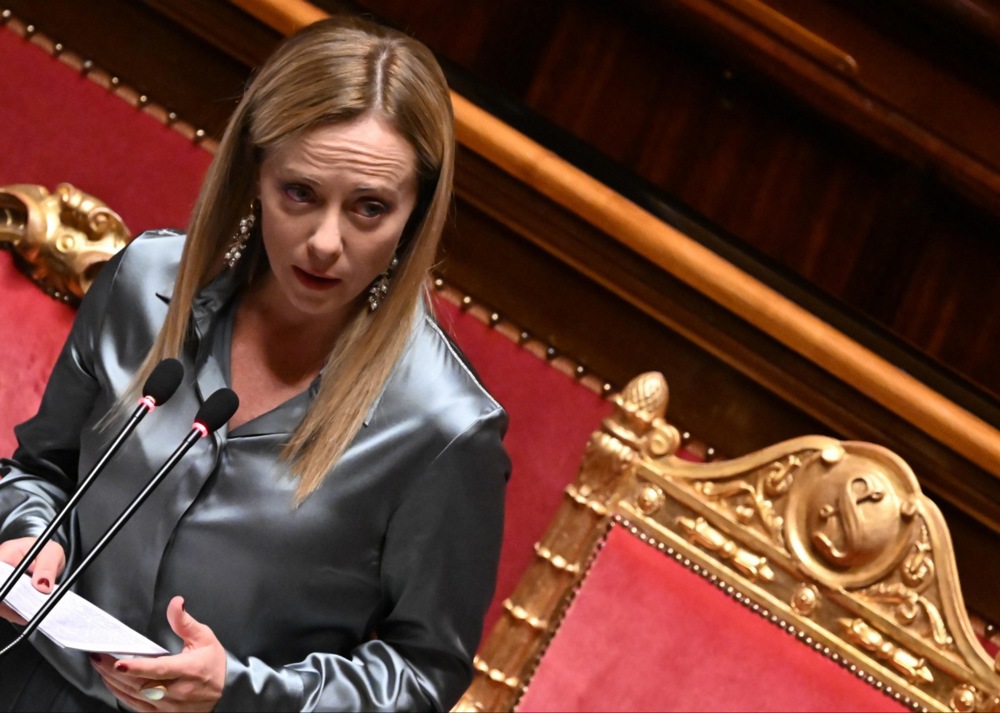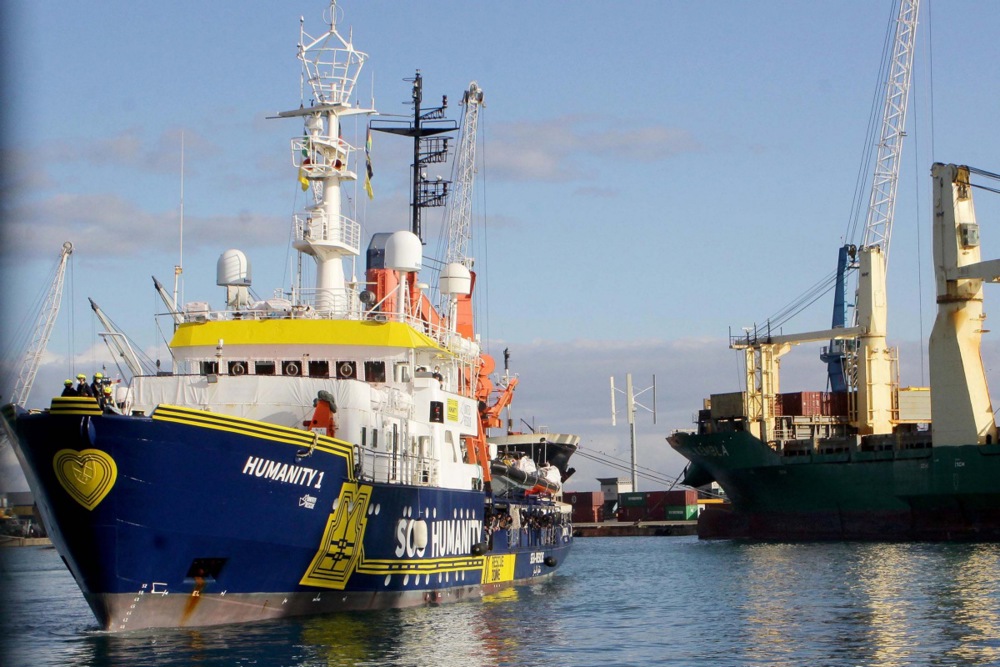Italian Prime Minister Giorgia Meloni unveiled her vision regarding Italy’s Africa relationships with the presentation of the “Mattei plan” – named after the late Enrico Mattei, who founded state oil company Eni.
At a summit in Rome on January 29, Meloni outlined the Government’s wish to invest billions in the continent in the hope of tackling mass migration at its roots, among other things.
With Italy holding the Presidency of the G7 until December, it is looking for collaboration between the seven leading industrial nations of the world and African countries in boosting development and improving the lives of Africans.
The G7-G8 entities are accepted as being: The European Union, Germany, Canada, France, Italy, Japan, the UK and the US.
Meloni said: “We want to build co-operation as equals to equals, in which Europe must reject the paternalistic approach that it has often demonstrated, far from any predatory temptation, but also from that ‘charitable’ approach that is difficult to reconcile with its extraordinary potential for development of the continent.”
Energy was a prime focus, something Africa has huge potential to provide and which the West is in dire need of. Infrastructure, education, water, agriculture and healthcare were also high on the agenda.
“Africa is a continent rich in resources, both human and strategic, which can and must amaze,” Meloni said.
Her plans seemed to echo Mattei’s outlook, who founded Eni in the 1950s and had long sought to stimulate growth in Africa.
“Here in Europe we talk a lot about the right to emigrate, but we rarely talk about guaranteeing the right to not be forced to emigrate,” Meloni said.
She is promising the State will stand good on her Government’s plans along with an initial commitment of €5.5 billion.
She noted that the private sector and organisations such as the EU will “assist” in doing so.
Meloni stated: “Mass immigration will never be stopped. Human traffickers will never be defeated if we do not address the many causes that push a person to leave their home.”
Vertice Italia-Africa: dichiarazioni alla stampa https://t.co/of6swUuKqA
— Giorgia Meloni (@GiorgiaMeloni) January 29, 2024
African leaders are said to be open to cautiously working with such ideas. In response to Meloni’s plans, the chairman of the African Union Commission Moussa Faki, said: “We are not beggars.
“We cannot be satisfied with mere promises that can’t be kept.”
To establish “a new model of partnership” and clear the path “towards a more just and coherent world,” Faki said a “paradigm shift” was necessary.
“Africa does not want to reach out,” he declared.
His reticence is perhaps not surprising. Two Russian “comedians” passed themselves off as the African when making a fake phone call to Meloni in September, something she joked about when meeting him later, exclaiming: “It’s the real one!”
Italy’s Rome presentation was attended by leaders and representatives from 45 African nations. Also present were the European Commission President Ursula von der Leyen, the European Council President Charles Michel and President of the European Parliament Roberta Metsola.
Von der Leyen said: “This is a moment of intense and renewed co-operation between Africa and Europe because, not only are our destinies aligned, but also interests are aligned more than ever before.
“We must crack down on the traffickers who trade in human beings,” von der Leyen said.
“We are ready to offer more opportunities to come to Europe legally so that people can move, learn and bring new skills back home.”
Metsola said that 12 of the 20 fastest-growing economies in the world were in Africa. “When Africa prospers, Europe prospers and the world will prosper, too,” she added.
Charles Michel said: “The EU and the African continent share the same priorities: Peace and security, prosperity to meet the hopes and needs of the African population, and the complex issue of mobility and migration, which we want to address in a respectful and responsible manner.”
Italian opposition and “green” lawmakers organised a counter-conference just before the summit began. There, the Mattei Plan was denounced as a neo-colonial “empty box” that aimed to “plunder” Africa’s natural resources once more.
Critics further claimed that Italy, with its huge Government debt, has little chance of competing with countries such as China, Russia and the Gulf States, all of which are attempting to increase their influence in Africa and secure its national resources.
Meloni has been struggling to find an answer to mass migration into Italy. She was elected on the promise of putting an end to the vast numbers coming to her country but the figures have kept rising at record-breaking levels.
She has tried to come to agreements with third countries, most notably Tunisia and Albania, in a bid to relocate or return arrivals.
Regarding Albania, its Constitutional court ruled on January 29 in favour of the Italian proposal.





